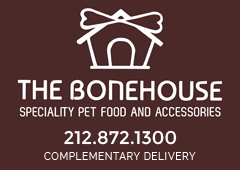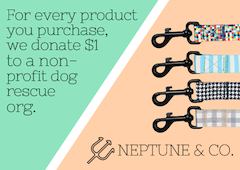By Melanie Carden
Chicken-keeping has long been on the rise—especially since the pandemic. With benefits as wide-ranging as food resiliency to companionship, folks in the suburbs and cities alike have taken a shine to keeping a flock. But what if you live in New York City or other densely populated hubs? New Yorkers rejoice—because chickens have always been legal to keep as pets. If you live elsewhere, check with your local Board of Health for rules, restrictions, and potential permit requirements. The Renegade Royals, Harry and Meghan, showed Oprah their California chicken coop, Archie’s Chick Inn, and surely jump-started interest in nurturing hens.
Urban food creation has always been a part of the landscape—from the Victory Gardens of World War II to our modern-day community gardens and potted balcony tomatoes. If you give a cluck about good health and enjoy caring for animals, chicken-keeping is a viable option. In New York, it’s legal to keep hens as pets (but not for resale), according to NYC Health Code, Article 161.19. You do not need a permit. You cannot keep roosters, however (male chickens), or other fowl such as turkeys or geese. The good news is that hens (female chickens) don’t need a rooster to create and lay eggs (girl power!). So, if you have the time and inclination, fresh eggs could be as close as your back door.
Before you run out and buy a flock of hens, be sure you’re prepared. You’ll need to learn how to care for and maintain your flock, invest in a coop and predator protection, and have an awareness of the caveats. If you live in a private neighborhood, you’ll need to check for special rules that may ban keeping-chickens. In other public neighborhoods, your neighbors will play a role in your relative success. In NYC and many other cities that allow chickens, there is a “nuisance” rule to be aware of. If your hens are too loud or crossing onto other people’s property (or the street)—or if your coop is not well-maintained and causing odor issues—neighbor complaints are taken very seriously by the city. Chat with your neighbors in advance, clean your coop properly, and be sure you have inexpensive containment fencing. Giving them some freebie eggs now and again goes a long way as well.
Though the city takes neighbor complaints quite seriously, overall NYC is very chicken-friendly. In fact the city offers chicken-keeping classes on occasion—to help get you started. These are living creatures with specific dietary, shelter, and medical needs—don’t enter animal husbandry blind. A simple course will save you a lot of time, money, and anguish. Just as important is finding a veterinarian that can treat your hens—when the need arises. It is crucial to find a local vet that accepts hens as patients before you invest in a flock, coop, and supplies.
Your learning curve will involve understanding the importance of maintaining a safe and healthy coop for your flock. Predators are a major challenge for those who keep chickens—in the suburbs and cities alike. Raccoons, opossum, and hawks are notorious for preying on our backyard feathered friends. You’ll need a coop that is fully contained, and has a secure door. Each night, you need to close-up the coop to protect the hens—and, again, open in the morning.
Learning how and when to clean the coop, what type of food your hens need (hint: they need more than just fruit and veggie scraps), and how to ensure they have access to fresh water—even in winter—are essential. Understanding the hens’ dietary needs is not just good animal husbandry but also directly impact their egg production as well.
Once you tackle the learning curve—which is easy, really—it’s time to get up to speed on the types of hens available—some produce more or less eggs, different colored eggs, and have behavior characteristics you’ll want to consider. This is usually covered in any beginner’s book or class, and Storey’s Illustrated Guide to Poultry Breeds can also help
You’re Schooled & Prepared—Time To Buy Chickens And A Coop!
Okay, you’ve read the books, taken a course, found a vet, selected the breed of hen you’d like. Now what? In your preparation, you’ve likely received recommendations for resources but here are a few tried and true to help round out your options.
BUYING HENS
You can’t go wrong with a recommendation from the queen herself. Martha Stewart often shares suggestions on sourcing hens from My Pet Chicken. You can also check with your local vet for sources or join a local chicken-keeping meet-up group. Info: My Pet Chicken.
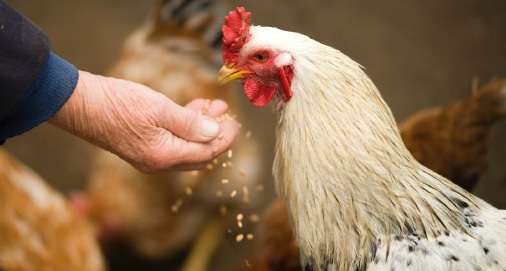
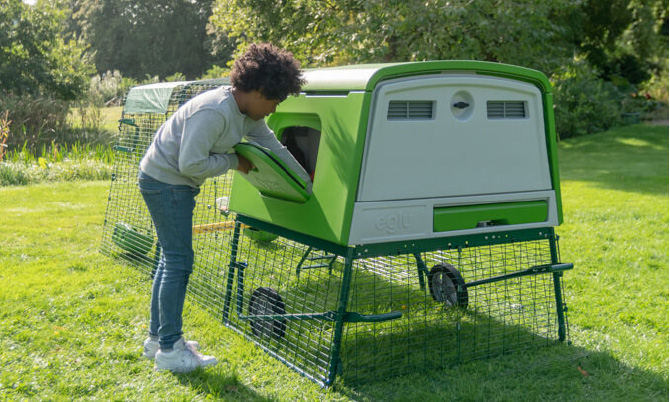
CITY COOP
Omlet is a hilarious name for a chicken coop company but their products are top-of-the-line. The best part is that they make it so darn easy. Their kits are perfect for city dwellers, include everything you need, and are very easy to set up. Their Eglu Cube is well-insulated, predator-resistant, and a breeze to clean. The wheeled design is a great way to move the coop, as needed. They offer upgrades such as hen swings and toys and larger enclosures. But their crowning gem is the automatic coop door, which closes and opens the coop door without you lifting a finger (a total bonus!). Info: Omlet.

COMMUNITY
In addition to finding a local chicken-keeping meet-up group or club, you may also want to access ongoing and well-trusted resources such as Mother Earth News. Here you’ll find a treasure trove of articles and resources for living in tandem with Mother Nature. A great resource for chicken-keeping and gardening. Info: Mother Earth News.

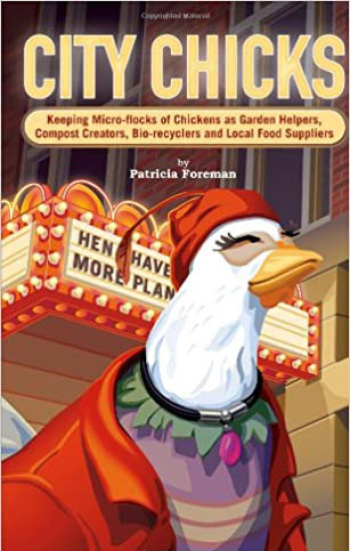
CITY CHICKS
A quick trip to the library or search on Amazon will yield plenty of book suggestions to help you in your chicken journey. This one is too good not to share, though. City Chicks (by Patricia L. Foreman) is written to help you really maximize the benefits of chicken-keeping “as garden helpers, compost creators, bio-recyclers, and local food suppliers.” Info: Amazon.












